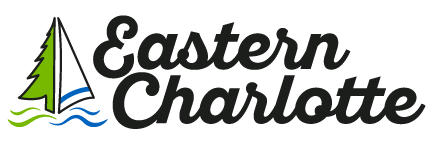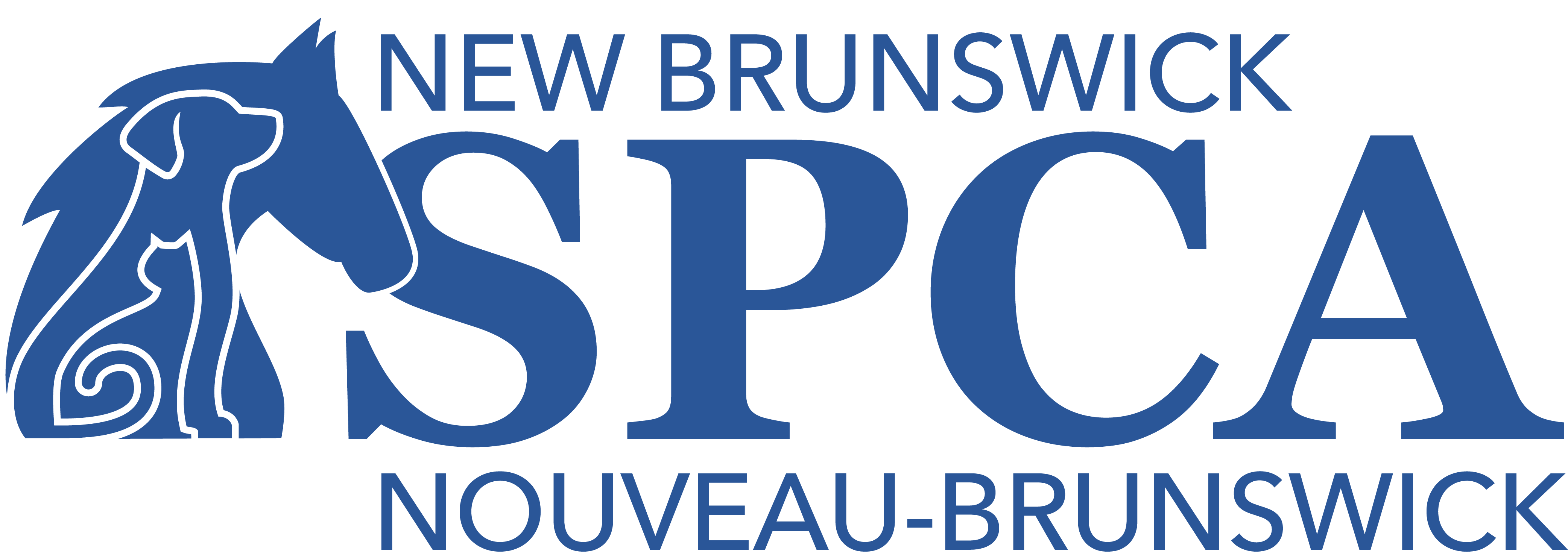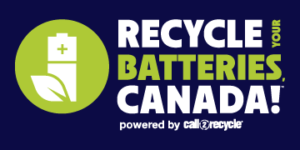Boil Order Instructions
- Water should be brought to a rolling boil for at least one (1) minute.
- Any water used for brushing teeth, making ice, juice, coffee, tea or washing vegetables that will not be cooked should be boiled.
- People whose immune system is compromised such as the elderly, infants and people with transplanted organ, on dialysis, with HIV/AIDS, etc. should pay attention to the use of a safe source of drinking water. Water that has been properly boiled is considered a safe source.
- It is safe for people to take showers, bathe and use swimming pools.
- It is safe to wash dishes in hot soapy water and then air dry.
- It is safe to use a dishwasher.
Boil Orders remain in force until …
- Work has been completed as per AWWA standards
- Flushing of the affected areas has been completed
- Acceptable chlorine residuals have been measured and maintained
- Two (2) consecutive acceptable sets of results no less than 24 hours apart are reported to Public Health (Government of New Brunswick).
After a Boil Order is Lifted
- Turn on one hot water tap and let it run until the water is cold. This will drain the hot water heater and refill it with safe water.
- Flush the plumbing in your home by running all cold water faucets for at least five minutes each.
- Flush all appliances connected to the water line, like refrigerators and dishwashers.
- Disposable filters that have come in contact with contaminated water should be removed and replaced (under sink style and refrigerator water filters, carbon block, activated carbon, sediment filters, etc.).
- Ice from ice makers should be dumped and replaced three times.
- Run water softeners through a regeneration cycle.
- Drain and refill hot water tanks set below 45° C (normal setting is 60° C).
For more information, please visit the Office of the Chief Medical Officer of Health (Public Health).
For answers to frequently asked questions regarding a Boil Order, please visit our FAQ: Boil Order page.


